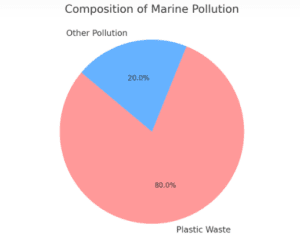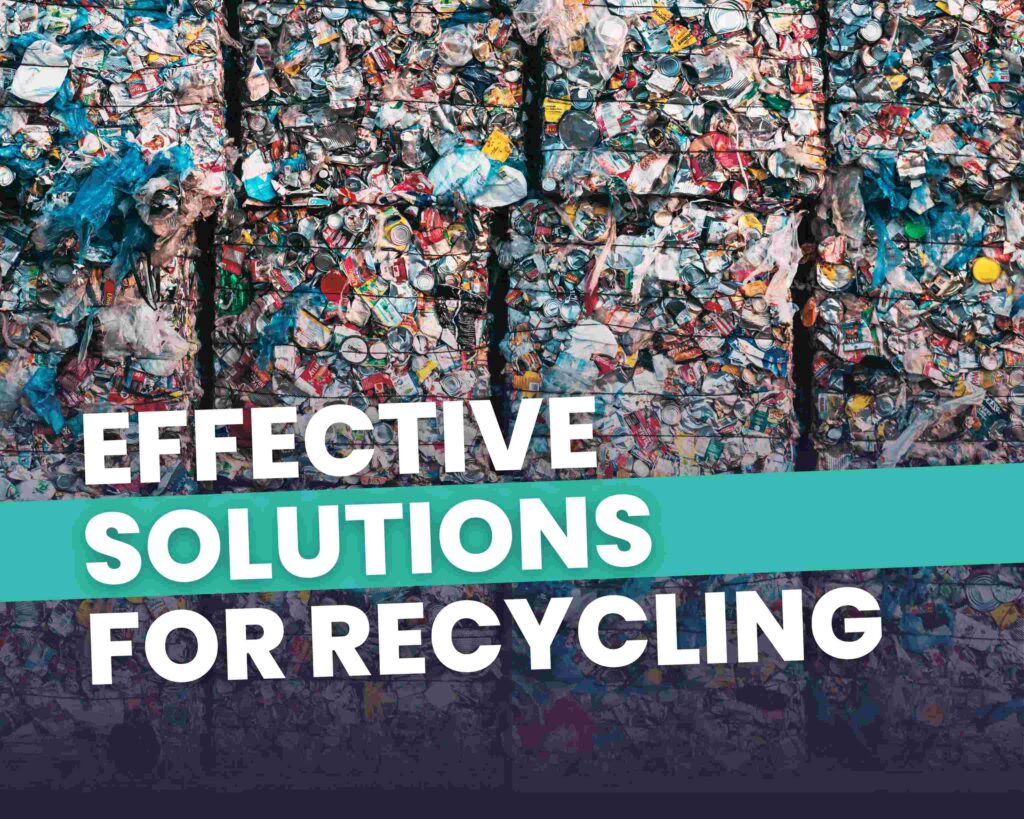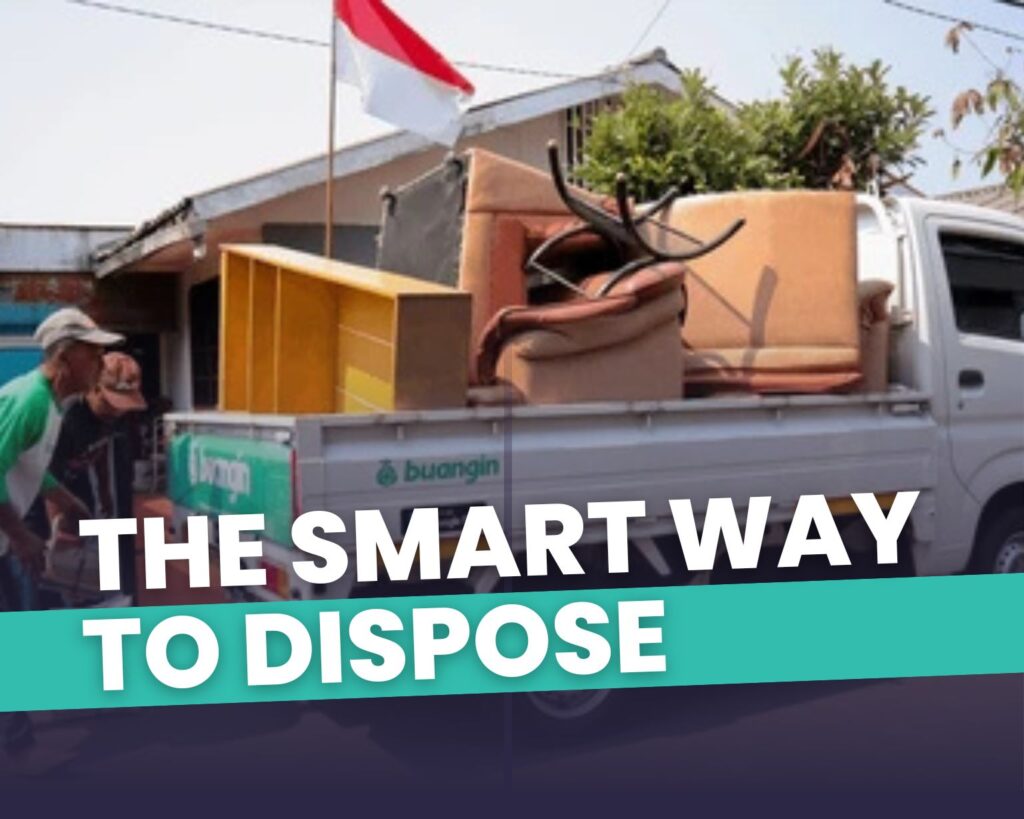How Do You Dispose of Face Masks? A Vital Exploration

Jessica Gonzalez
Global Chief Executive | Founder Happen Ventures
The pandemic era introduced us to the indispensable role of Personal Protective Equipment (PPE) in safeguarding our health. However, the aftermath presents a dilemma that is twofold: safeguarding our planet and adhering to responsible disposal practices. Let’s delve into an exploration of PPE disposal, unearthing a method that not only addresses disposal but also uplifts communities through beneficial reuse.
Table of Contents
The Environmental Impact of Disposable Masks
Disposable masks, primarily composed of Polypropylene and Polyester, have become a symbol of safety during the pandemic. However, their environmental impact is undeniable.
- The Composition of a Typical Disposable Mask
Polypropylene and Polyester are synthetic polymers that, while lightweight and moisture-resistant, are not biodegradable. These materials linger in our environment, contributing to landfill growth and posing threats to wildlife that may ingest or become entangled in discarded masks.
- Environmental Pollution and the Role of PPE
Discarded PPE, particularly masks, has been found littering urban and natural landscapes alike. The non-biodegradable nature of these items means they persist in environments, contributing to pollution and potentially disrupting ecosystems by introducing microplastics into food chains.
The Silent Threat: Microplastics in Our Oceans
Plastic, one of humanity’s most enduring creations, has a dark side that’s slowly emerging. Over time, larger plastic items degrade into what are known as microplastics. These minuscule particles are ingested by marine animals, making their way into their tissues.
This not only disrupts marine ecosystems but also enters our food chain, posing potential health risks to humans. Research indicates that these microplastics might never fully degrade, instead lingering in our environment and causing untold harm.
The Health Risks of Improper PPE Disposal
The health implications of improperly discarded PPE are substantial and multifaceted.
- Contamination Risk and Public Health
Discarded PPE, especially in public spaces, can be a vector for pathogens, potentially contributing to the spread of diseases. This is particularly concerning in contexts where the PPE might have been used in medical or contaminated environments.
- Sharp Objects and PPE
Needles, scalpel blades, and other sharp objects, if not disposed of correctly, can pose a physical risk to waste management workers and the public. Safety Containers and specialized disposal methods are imperative to prevent injuries and ensure safe handling.
Regulations, Compliance, and the Need for Specialized Disposal
Navigating through the regulatory landscape of PPE disposal requires a meticulous approach.
- Understanding the Regulations
Regulations regarding PPE disposal are designed to safeguard public health and the environment. They dictate the methods and protocols for discarding PPE, ensuring that potential contaminants are managed safely.
- The Role of Specialized Disposal Companies
Specialized disposal companies, like Happen Ventures, navigate through these regulations, providing services that ensure businesses adhere to legal and ethical disposal practices, such as beneficial reuse, which extends the life-cycle of PPE in a meaningful way.
A Sustainable and Community-Centric Approach
Beneficial reuse stands out as a method that intertwines environmental responsibility with community support.
- What is Beneficial Reuse?
Beneficial reuse involves collecting, sanitizing, and redistributing used PPE to communities or sectors where they can be utilized effectively, thereby reducing waste and supporting societal needs.
- The Advantages of Beneficial Reuse
This method not only reduces the environmental impact of PPE disposal but also supports communities by providing them with essential items, fostering a circular economy where resources are utilized to their fullest extent.
Making the Shift: Why Beneficial Reuse is the Future
The future of PPE disposal lies in adopting methods that are both environmentally and socially responsible.
- The Shortcomings of Traditional Disposal Methods
Traditional disposal methods often involve incineration or landfilling, which have environmental repercussions and do not utilize the potential for PPE to be reused in certain contexts.
- The Economic and Environmental Benefits of Beneficial Reuse
Beneficial reuse not only alleviates the environmental impact of PPE disposal but also provides socio-economic benefits by supporting communities in need and potentially providing tax benefits to businesses that donate items.
The Journey of Plastic: From Land to Sea
Most of the plastic in our oceans originates from land. It travels through rivers and eventually finds its way to the sea. Once in the ocean, rotating currents, known as gyres, can transport this plastic to any part of the world.
For instance, plastic from as far away as Russia and the US has been found on Henderson Island, a remote atoll situated between Chile and New Zealand.
Over time, these plastics accumulate in areas known as garbage patches, with the Great Pacific garbage patch being the most notorious.
The Economic Toll of Plastic Pollution
The financial implications of oceanic plastic pollution are staggering. The annual economic costs, considering its impact on tourism, fisheries, aquaculture, and cleanup efforts, range between $6-19 billion USD.
Steps Toward a Plastic-Free Ocean
While the challenge is immense, there are actionable steps we can take to curb plastic pollution:
- Mindful Consumption: Reduce the use of single-use plastics. Opt for reusable bags, bottles, and containers.
- Community Cleanups: Organize or participate in local cleanup drives to remove plastics from waterways.
- Support Legislation: Advocate for laws that aim to reduce plastic production and improve waste management.
- Back Research and Organizations: Support NGOs and nonprofits that focus on reducing oceanic plastic pollution, such as the Oceanic Society and the Plastic Pollution Coalition.
Conclusion
In the aftermath of the pandemic, our actions today will sculpt the environmental and social landscape of tomorrow. Beneficial reuse, as championed by entities like Happen Ventures, provides a pathway that aligns environmental stewardship with community support. It’s not merely about disposal, it’s about contributing to a cycle of use that benefits society holistically.











